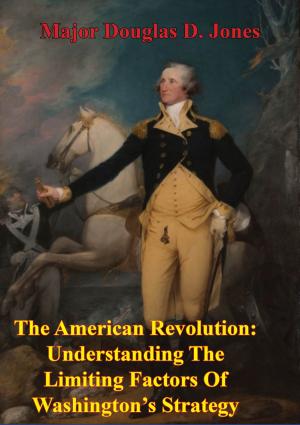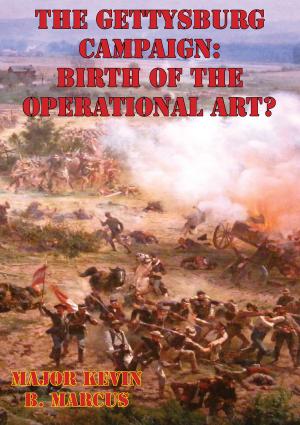Ideology And The Fall Of Empires: The Decline Of The Spanish Empire And Its Comparison To Current American Strategy
Nonfiction, History, Military, Weapons, United States| Author: | Major Enrique Gomariz Devesa | ISBN: | 9781782897682 |
| Publisher: | Golden Springs Publishing | Publication: | August 15, 2014 |
| Imprint: | Golden Springs Publishing | Language: | English |
| Author: | Major Enrique Gomariz Devesa |
| ISBN: | 9781782897682 |
| Publisher: | Golden Springs Publishing |
| Publication: | August 15, 2014 |
| Imprint: | Golden Springs Publishing |
| Language: | English |
Sometimes, the ideology that formed the basis for founding an empire can become the cause of its fall. The decline of the Spanish Empire is a clear example of how ideology may both adversely influence national grand strategies and trigger processes of decline of an empire. The strong religious conviction of the Habsburgs was a fundamental factor in defining an imperial strategy that did not conform to the genuine interests of Spain as the core of the Empire. This strategy did not take into account limited Spanish capabilities that were not enough to achieve its religious goals.
The purpose of this research is not to analyze in depth how religion influenced the decline of the Spanish Empire, but to use this process to establish a paradigm to explain how ideologies can become a negative influence on national policies. Once the paradigm is established, it will be compared to a similar process to develop some valid conclusions regarding the importance of defining national strategic objectives according to the interests and capabilities of each state.
Over the last two decades, the desire to expand and promote democracy around the world became the dominant ideology in the United States. Therefore, its influence in the evolution of recent American national strategies serves as a valid comparison. This study presents some conclusions that not only might be applicable for the analysis and study of national strategies, but also may help to understand how and when ideologies that may be necessary to maintain the cohesion of nations and empires, can became a source of national decline.
Sometimes, the ideology that formed the basis for founding an empire can become the cause of its fall. The decline of the Spanish Empire is a clear example of how ideology may both adversely influence national grand strategies and trigger processes of decline of an empire. The strong religious conviction of the Habsburgs was a fundamental factor in defining an imperial strategy that did not conform to the genuine interests of Spain as the core of the Empire. This strategy did not take into account limited Spanish capabilities that were not enough to achieve its religious goals.
The purpose of this research is not to analyze in depth how religion influenced the decline of the Spanish Empire, but to use this process to establish a paradigm to explain how ideologies can become a negative influence on national policies. Once the paradigm is established, it will be compared to a similar process to develop some valid conclusions regarding the importance of defining national strategic objectives according to the interests and capabilities of each state.
Over the last two decades, the desire to expand and promote democracy around the world became the dominant ideology in the United States. Therefore, its influence in the evolution of recent American national strategies serves as a valid comparison. This study presents some conclusions that not only might be applicable for the analysis and study of national strategies, but also may help to understand how and when ideologies that may be necessary to maintain the cohesion of nations and empires, can became a source of national decline.
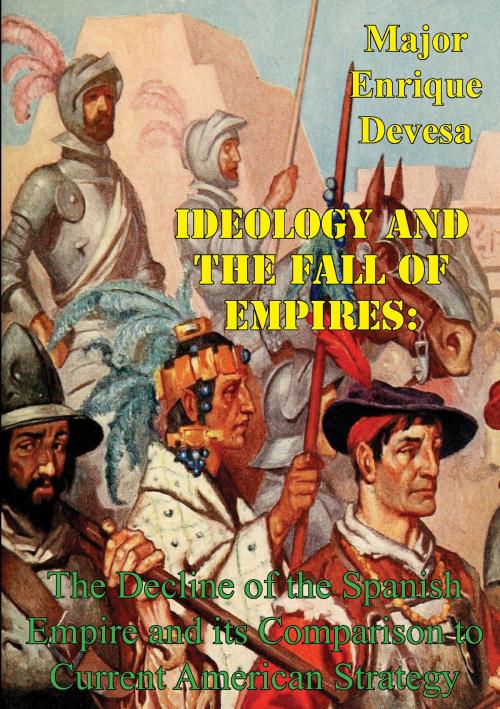

![Cover of the book Battle Of Antietam, Staff Ride Guide [Illustrated Edition] by Major Enrique Gomariz Devesa](https://www.kuoky.com/images/2014/august/300x300/9781782898603-afSG_300x.jpg)
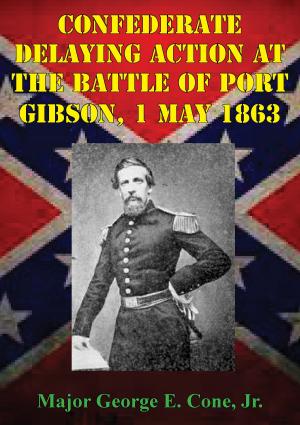

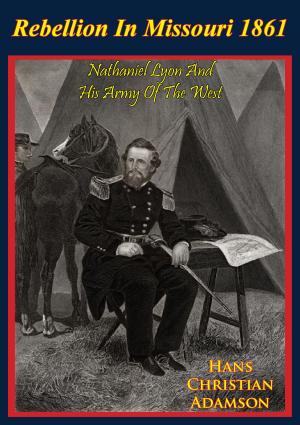





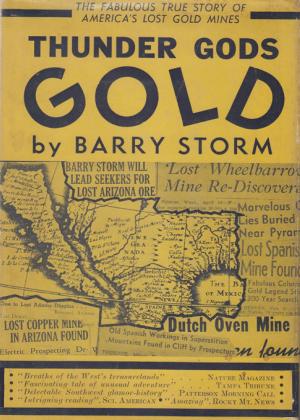

![Cover of the book Forty-Six Years In The Army [Illustrated Edition] by Major Enrique Gomariz Devesa](https://www.kuoky.com/images/2015/november/300x300/9781786251350-EhDW_300x.jpg)
